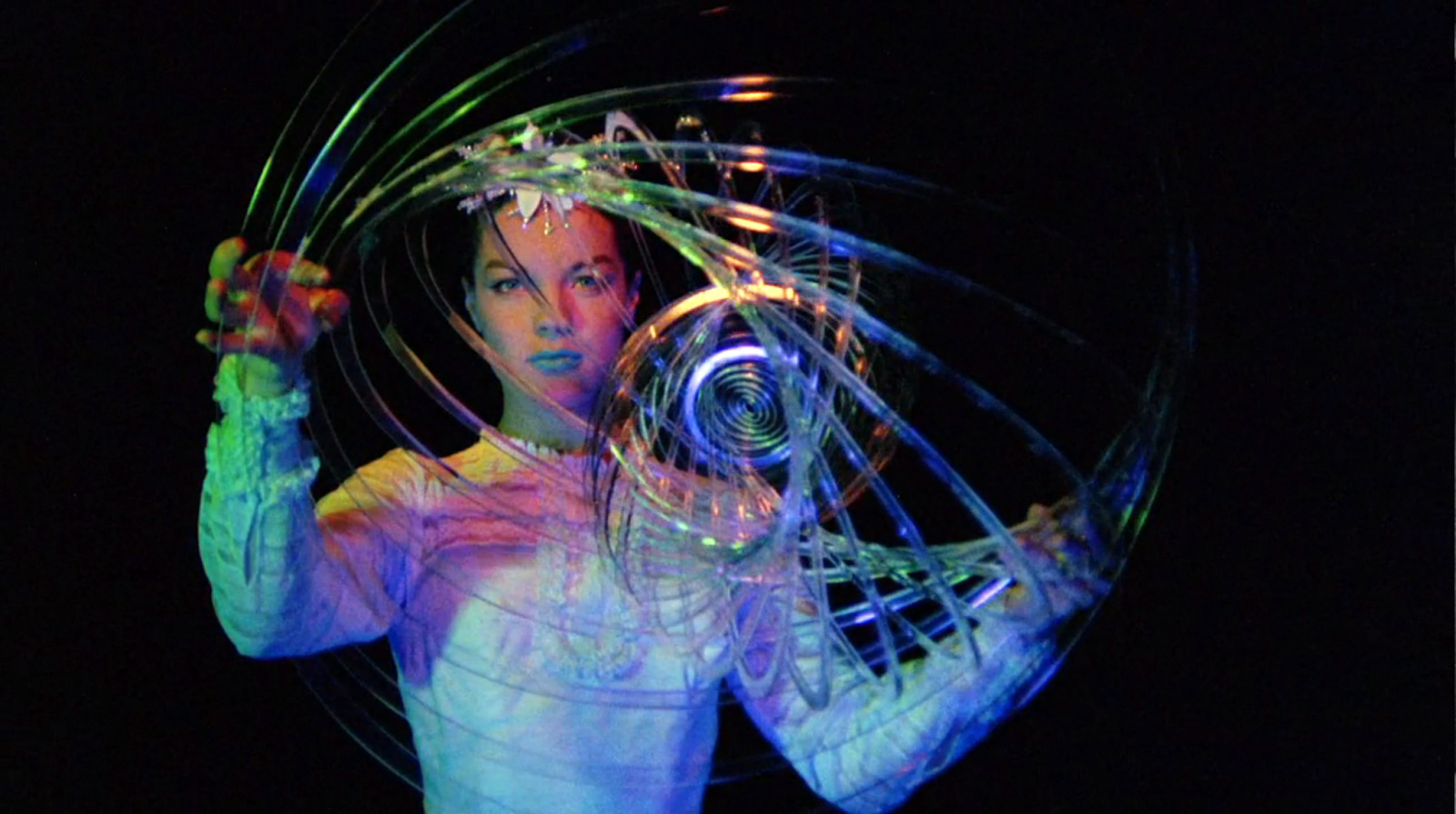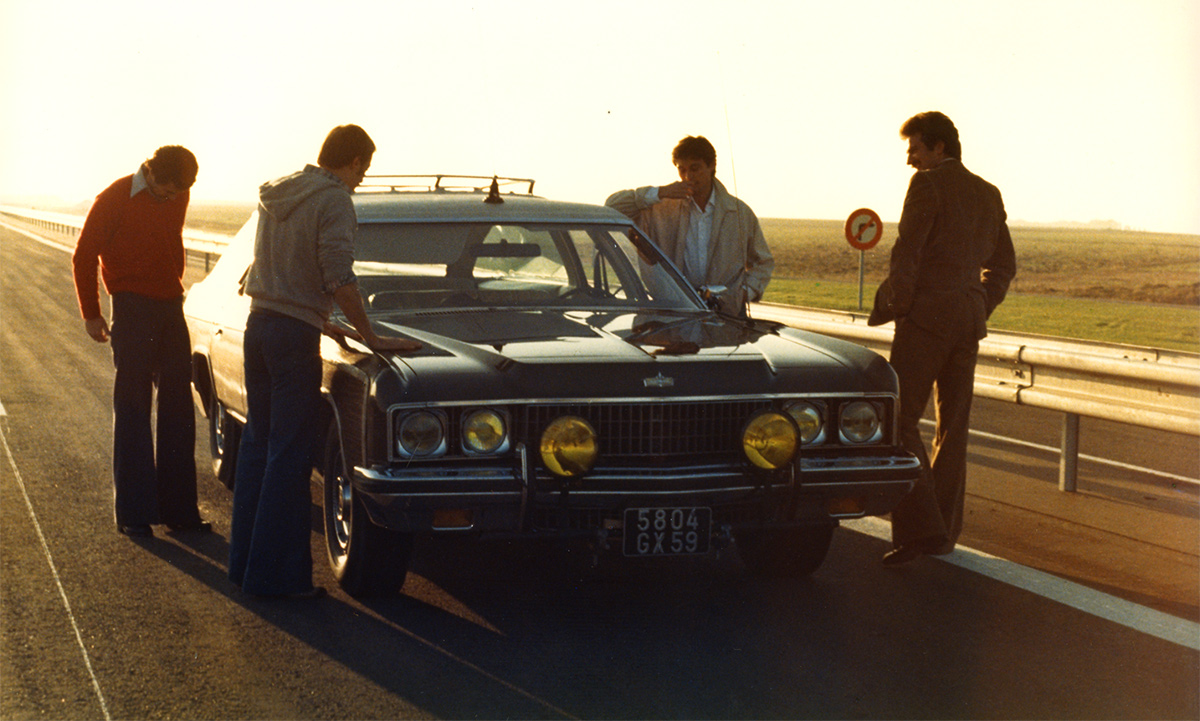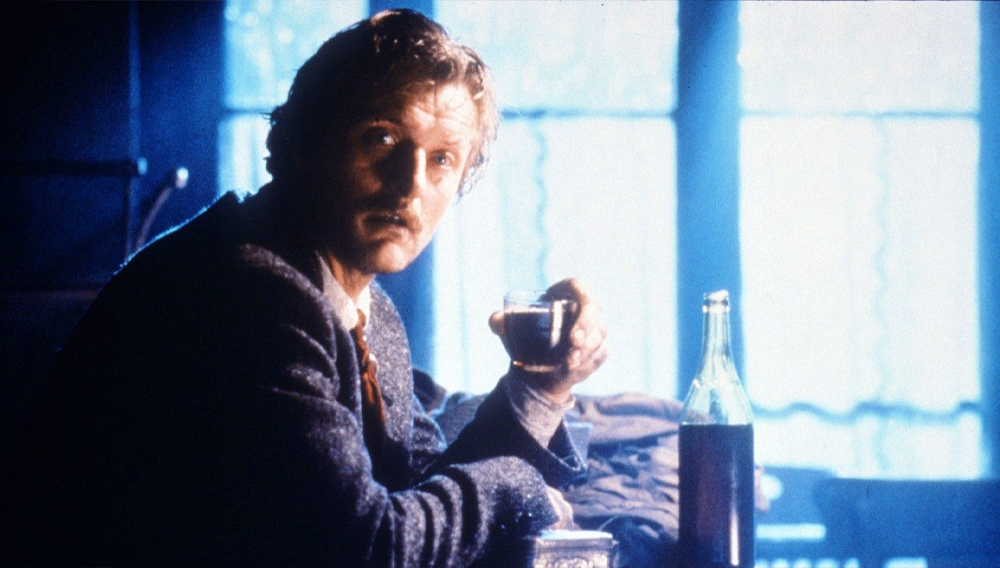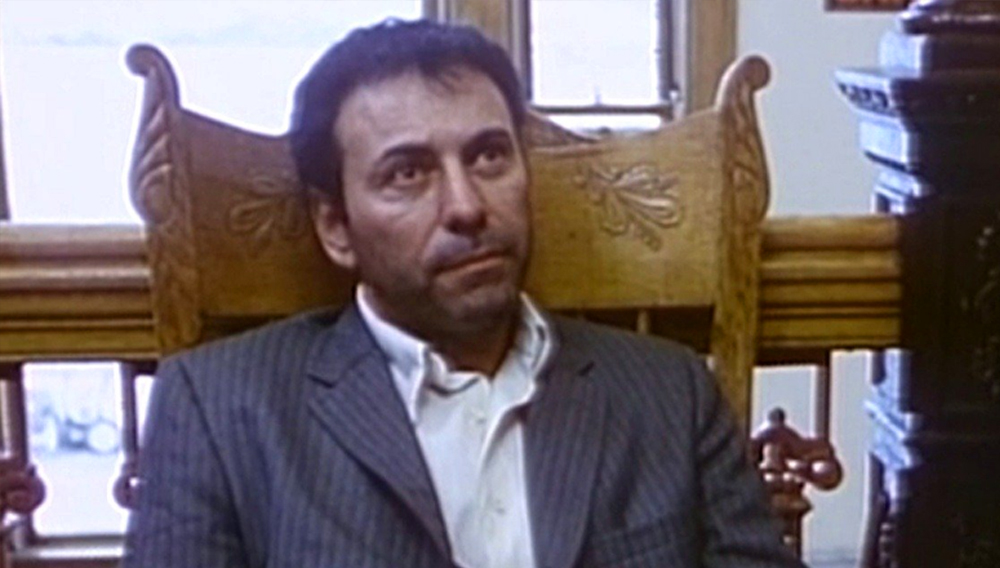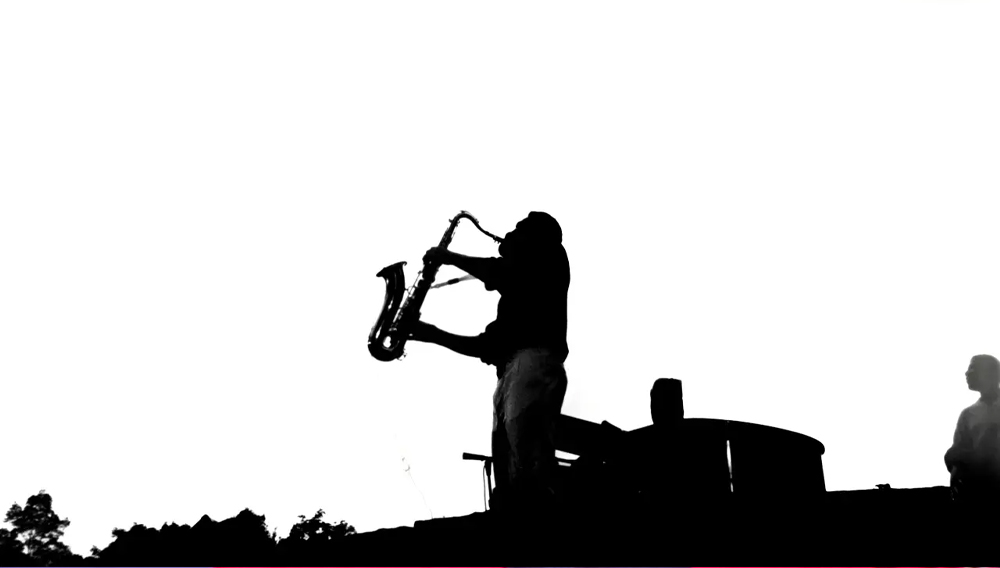First, a brief introduction from the top of Mark Asch‘s interview for the L: “Brooklyn resident Josephine Decker has previously made shorts and documentaries, acted in features from Joe Swanberg among others, raised awareness of environmental issues through her performance art, played with the all-female Main Squeeze Accordian Orchestra, and taken her clothes off in front of Marina Abramovic at The Artist Is Present.”
Decker’s two first features, Butter on the Latch (2013) and Thou Wast Mild and Lovely (2014), are opening today, side by side, and running for a lively week—there’ll be music, ballet, tea parties and Q&As—at the Made In NY Media Center as part of the Independent Filmmaker Project’s Screen Forward program. Here are the details on the individual screenings: Butter and Thou Wast. The double bill is also premiering online today, right here on Fandor.
Decker was one of Filmmaker‘s “25 New Faces” last year and, introducing his interview with her and cinematographer Ashley Connor, Erik Luers writes: “It speaks to Thou Wast‘s uncategorizable nature that it played at the celebrity-touted AFI Fest [see their interview, too], the indie stalwart BAMcinemaFest, and the heavily-genre-oriented Fantasia International Film Festival. Experimental narratives with an intense focus on the frightening extremes of sexuality, the musically-inclined films feature a remarkable blend of both visual and literary poetry; everyone from Onur Tukel to John Steinbeck gets thanked in the films’ closing credits.”
“Elegant and elliptical, Josephine Decker’s psychodrama is a blurring of the line between waking and dream states,” writes Michael Nordine in the Voice. “In Butter on the Latch…, two women (Isolde Chae-Lawrence and Sarah Small, who improvised their dialogue) have their friendship tested during a Balkan festival/retreat near Mendocino, California. There’s something in the woods, and it would appear to know more about them than they do about it: the past traumas that draw them together, the small conflicts that may drive them apart. The abrupt movement and shallow focus of Ashley Connor’s arresting cinematography affords us only the most claustrophobic view of their affairs, like an avant-garde reimagining of The Blair Witch Project.”
Writing for Slant, Kenji Fujishima suggests that Decker’s “most consistent visual signature” in Butter “is her manipulation of focal lengths. Many scenes begin completely blurred, only for the image to gradually come into focus; in others, [Decker and Connor] emphasize the difference between a black background and sharp foreground, or vice versa. Sometimes, in context, these aesthetic registers feel genuinely evocative of a character’s increasingly tenuous grasp of control of the world around her; other times, though, it seems little more than showy affectation. Such is the film’s method as a whole, a hit-or-miss, go-for-broke approach to telling a somewhat familiar tale of female friendship and jealousy.”
But at Twitch, Christopher Bourne argues that Butter “impressively renders the psychological state of its protagonist in striking visual terms, and represents a wonderful artistic symbiosis among its collaborators.”
“The willfully oblique storytelling and fugue sequences owe a lot to other hand-held film journeys in the past decade, from here and abroad, that are often also concerned with the quickening turns and nonlinear textures of fear and passion,” writes Nicolas Rapold in the New York Times. “While both films have rough patches and look-at-me asides, Butter on the Latch thrives on its casually true snapshots of confusion and connection.”
Back to Michael Nordine in the Voice, where he writes that Thou Wast Mild and Lovely is “the more structured and narrative-driven” of the pair. It “takes place on a farm run by gruff patriarch Jeremiah (Robert Longstreet) and his winsome daughter Sarah (Sophie Traub). The introduction of a hired hand (Joe Swanberg) whom Jeremiah openly distrusts creates a sort of triangular tension, much of it sexual, and pangs of desire that are rarely spoken of even when acted upon. This tension is constantly rising and falling like the readout of a seismometer during a series of small earthquakes, each more noticeable than the last, as it builds toward something dire.”
Decker’s “tracking shots, like Malick’s, simulate existential disembodiment, the camera often appearing to assume the point of view of a character if they were to shed their corporeal form for a few moments so as to truly feel their surroundings,” writes Chuck Bowen in Slant. “Decker also has Malick’s taste for oblique voiceover and, more importantly, his acute hyper-awareness of texture…. But an unexpected sense of parody keeps breaking through the surface of this expressionist Southern gothic that’s reminiscent of Robert Altman, particularly Thieves Like Us and The Long Goodbye. The filmmaker is clearly enraptured with her beautiful imagery and her heightened atmosphere of guilty dread, but she’s also amused by our hunger for melodramatic clichés, and the film often suggests what might happen if Malick were to adapt Tennessee Williams, somehow gaining a sense of humor in the process.”
At the Dissolve, Kate Erbland suggests that “the double feature serves as an effective, evocative introduction to Decker, who knows how to subvert demands while still serving up something fresh and compelling.” Jenni Miller at the AV Club: “If Butter is the wild forest of the female psyche, Thou Wast Mild reads as the fertile rolling farmland where sex and death are cuddled right up next to the miracle of life.”
Meantime, the Playlist gets Decker talking about the “10 Movies That Changed My Life” and she’s Adam Schartoff‘s guest on Filmwax Radio (31’37”).
Updates, 11/15: “We say it unabashedly about actors,” writes the New Yorker‘s Richard Brody, “but it’s only fair to say it about directors, too, when the miracle happens: a star is born. Decker throws herself into the urgency, the infinite promise, and the danger of the cinema—and she seems to live, and to thrive, on the edge of that danger. I’m not saying that there’s only one way to make great and important films, but that Decker’s way (like [Wes] Anderson’s, like Malick’s) is ecstatic, essential, invigorating, inspiring, and inimitable. Their images, texts, and moods are like no one else’s, which is why they can be only parodied, not copied. Their style is a worldview in itself; they recreate the cinema in their own image, which is a comprehensively lyrical vision of the world.”
The Playlist has posted Rodrigo Perez‘s reviews of both films as they originally ran when he was covering Berlinale 2014.
Update, 11/18: Peter Nellhaus on Thou Wast: “The discordant music by Mary Herron and Jeff Young reminded me of the kind of music associated with the Kronos Quartet, music composed by Penderecki being a more famous example. Out of left field is a brief moment of Betty Hutton singing ‘Murder, He Says,’ from the movie of the same name. And the song is a giveaway to what will later happen. But I would also like to think that George Marshall’s comedy with naive Fred MacMurray stumbling upon the farm belonging to a lunatic family with a comely daughter provided some of the inspiration as much as the oft-stated, and more culturally respectable East of Eden. More accurately, thou wast wild and lovely.”
Update, 11/29: “Experimental in form and organic in technique, Butter on the Latch tosses conventional narrative to the wind and the results offer little in terms of substance to endorse such an approach,” finds Amanda Yam, writing for Ioncinema.
Update, 12/9: Patrick Z. McGavin talks with Decker for RogerEbert.com.
For news and tips throughout the day every day, follow @KeyframeDaily. Get Keyframe Daily in your inbox by signing in at fandor.com/daily.







